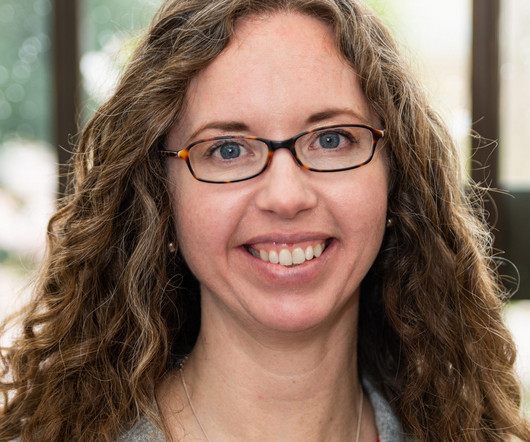Rheumatology Board Meeting Summary | Spring 2025
ABIM
APRIL 24, 2025
Thousands of subspecialists are also using the LKA to reinstate their lapsed certifications in internal medicine. ABIM does not contact individual programs with a lower pass rate to initiate changes to the program. The need for further research in this area with physician input is essential.












Let's personalize your content